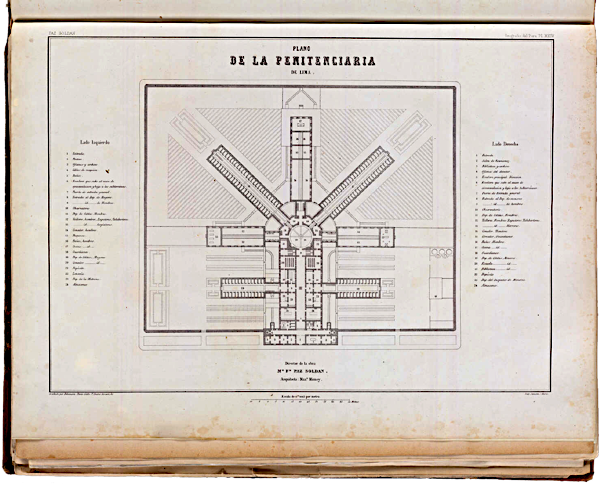Undergraduate Seminar: Contested Spaces: Art, Architecture, and Politics in the Americas

This course unpacks spaces of contestation and encourages students to think critically about how specific buildings and objects have participated in the construction of class, race, and gender, and in turn how these categories have shaped our understanding of modernity. Building on the histories of art and architecture, each lecture addresses a type of "space" central to the formation of modernity in the Americas, from 1492 to the present—for instance, Plantation, School, Prison, Kitchen, Closet—and introduces that space by way of discussions centered on objects and buildings from different historical times and geographical locations. For instance, we discuss prisons from their rise as disciplinary institutions in the 19th century as discussed by Foucault, to their role in contemporary surveillance, racial profiling, and the prison industrial complex. We look at the kitchen as a space of labor, and examine its development, including 19th century feminist proposals for collective kitchens and the rise of the single-family home as a key political moment against these discourses. Readings by Chantal Mouffe, Hannah Arendt, W.E.B. Du Bois, and Michel Foucault provide us with analytical tools and theoretical frameworks to address those actors excluded from history, problematizing agency and authorship in art and architecture.
This course will be taught simultaneously at University of Michigan, Michigan State University, and Bard College (New York). All three institutions will share the same syllabus and schedule, adjusted to meet the requirements of each academic calendar. Class assignments include weekly responses, a project developed online across institutions, and a final paper related to that project. The project involves students selecting one type of "space," analyzing historical case studies and spaces in their own campuses, and sharing and discussing their work across institutions. This collective research will be presented in a workshop with UM and MSU students meeting in Ann Arbor, and Bard students joining online, on December 3rd, followed by a visit to sites of activism and struggle in Detroit on December 4th.
HISTART Categories for concentration distributions: 3. Early Modern, 4. Modern and Contemporary, D. Europe and the US, E. Latin America and the Caribbean